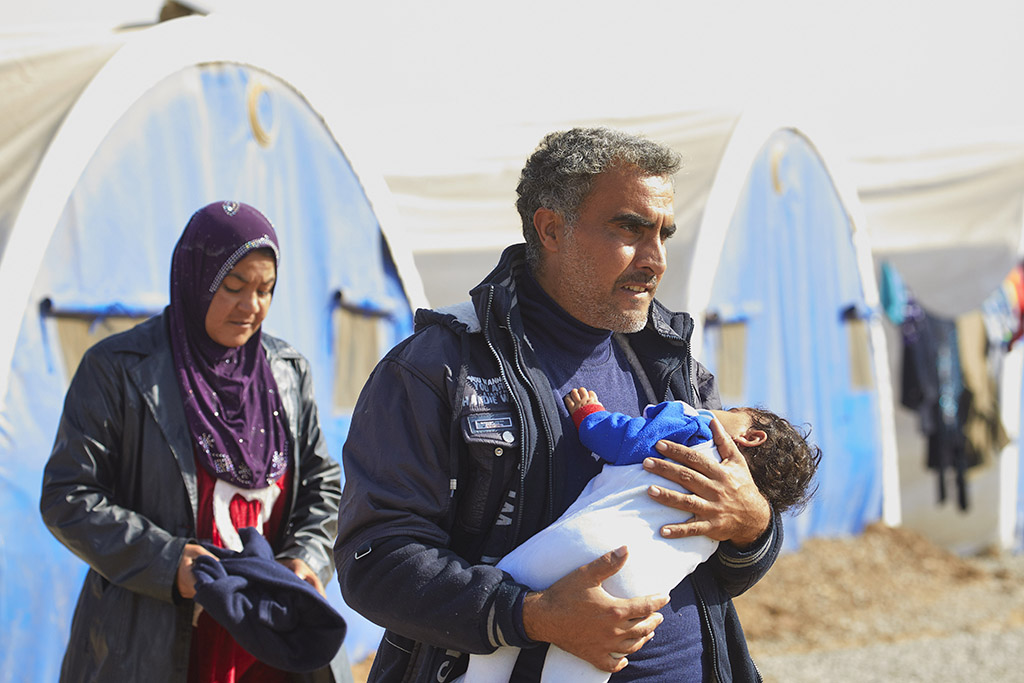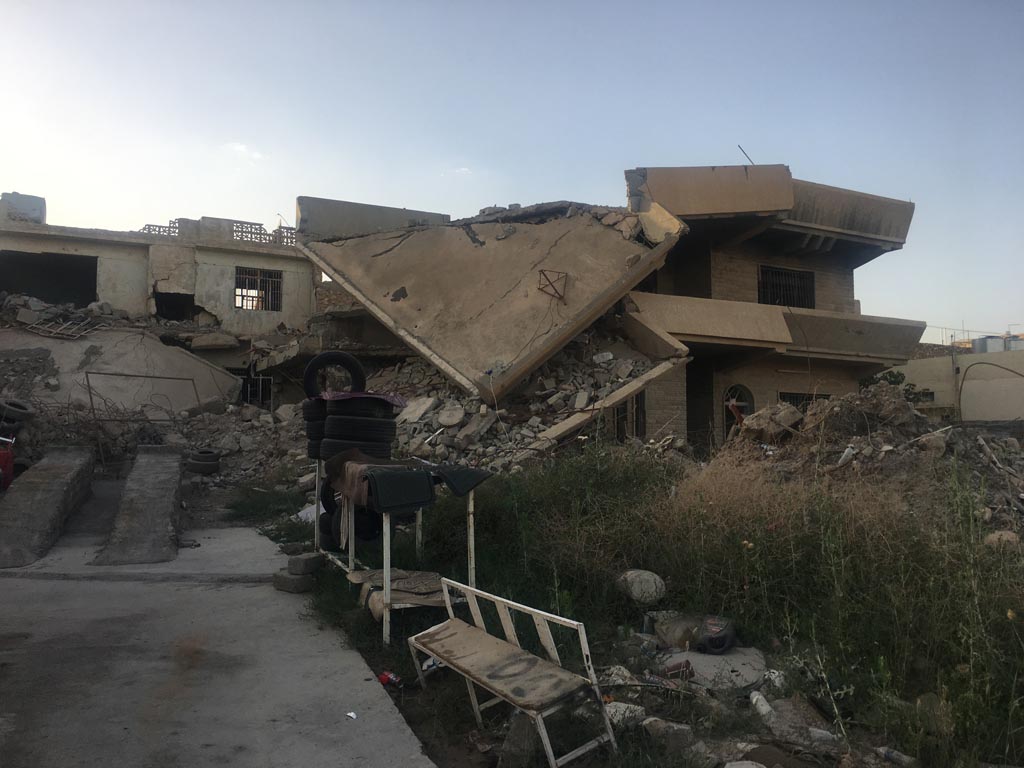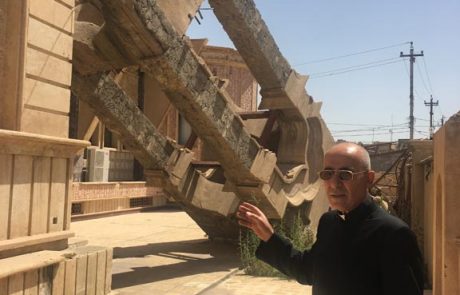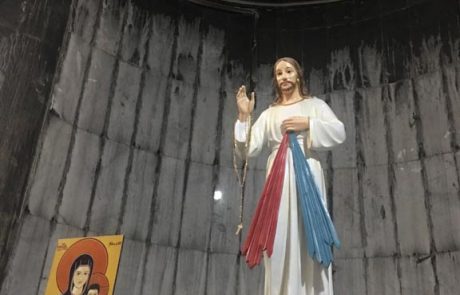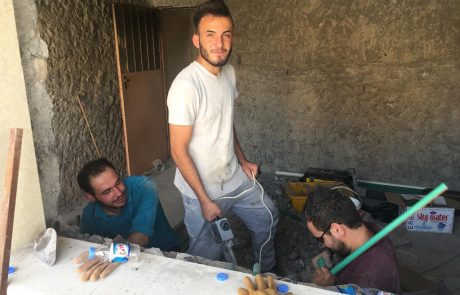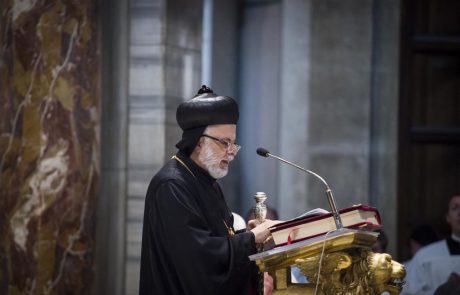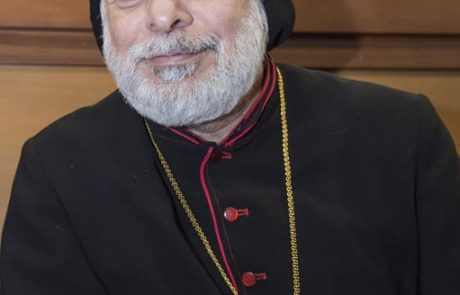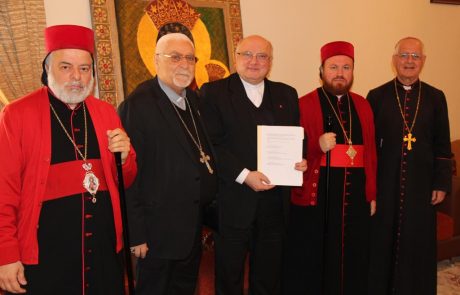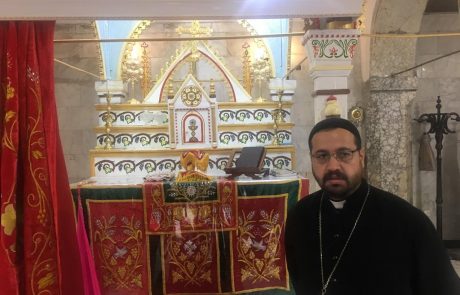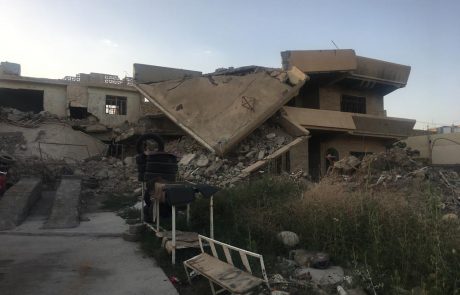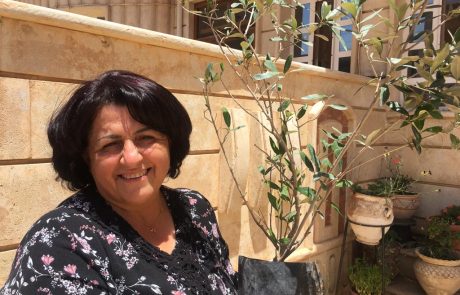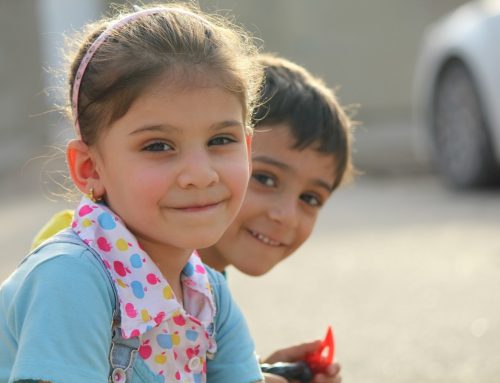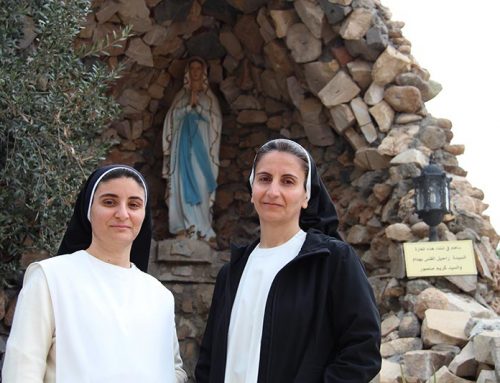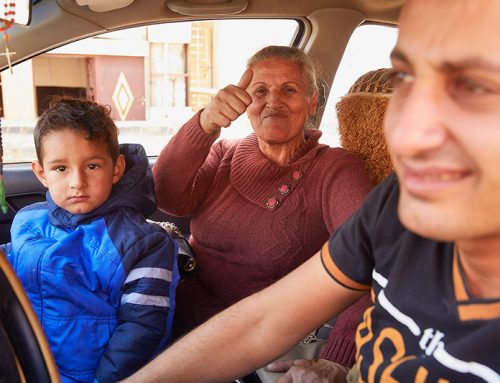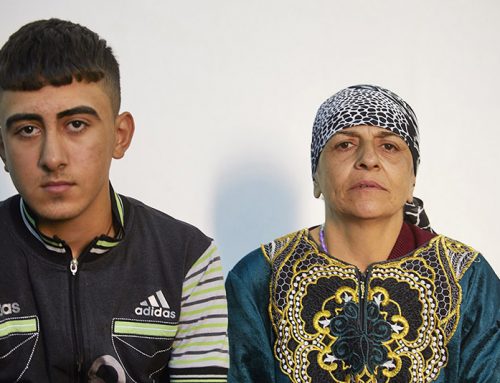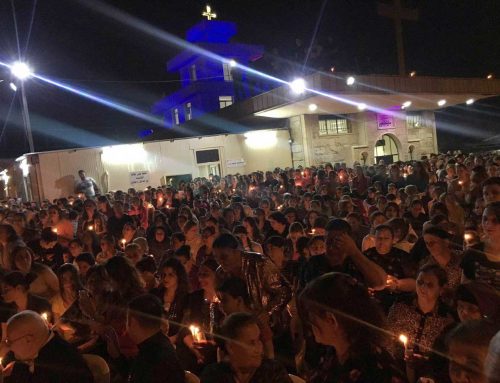Warning: Undefined array key "hidden" in /var/www/acn/nrciraq/wp-content/plugins/fusion-builder/shortcodes/fusion-gallery.php on line 756
Warning: Undefined array key "hidden" in /var/www/acn/nrciraq/wp-content/plugins/fusion-builder/shortcodes/fusion-gallery.php on line 756
Warning: Undefined array key "hidden" in /var/www/acn/nrciraq/wp-content/plugins/fusion-builder/shortcodes/fusion-gallery.php on line 756
Warning: Undefined array key "hidden" in /var/www/acn/nrciraq/wp-content/plugins/fusion-builder/shortcodes/fusion-gallery.php on line 756
Warning: Undefined array key "hidden" in /var/www/acn/nrciraq/wp-content/plugins/fusion-builder/shortcodes/fusion-gallery.php on line 756
Warning: Undefined array key "hidden" in /var/www/acn/nrciraq/wp-content/plugins/fusion-builder/shortcodes/fusion-gallery.php on line 756
Warning: Undefined array key "hidden" in /var/www/acn/nrciraq/wp-content/plugins/fusion-builder/shortcodes/fusion-gallery.php on line 756
Warning: Undefined array key "hidden" in /var/www/acn/nrciraq/wp-content/plugins/fusion-builder/shortcodes/fusion-gallery.php on line 756
Warning: Undefined array key "hidden" in /var/www/acn/nrciraq/wp-content/plugins/fusion-builder/shortcodes/fusion-gallery.php on line 756
“IS tried to take the monastery. In August of 2014 we were convinced that they would succeed,” Archbishop Timotheos Moussa Al-Shamani, abbot of the Syriac Orthodox Mar Matti Monastery, founded in the 4th century and one of the oldest in the world. The monks fled, but quickly returned after they had got over the initial shock. Hundreds of Christian refugees lived with them for months – just a few kilometres in a direct line from their worst enemies. “IS never managed to take our monastery. God was with us.” The trenches dug by IS fighters at the foot of the mountain are still there. This is where the henchmen and the Peshmerga, the military forces of Iraqi Kurdistan, faced off for more than two years. The IS fighters frequently fired mortar shells at the monastery. When the weather was poor, they regularly tried to take the monastery, but were prevented from succeeding through bombing by the US-led coalition. Since late 2016, the villages and towns have been freed from IS, one after the other. The Nineveh plains have also been liberated. The monastery is no longer in danger. But how are the faithful doing?
Archbishop Moussa’s expression darkens. “Before IS arrived in 2014, more than 5 000 Christian families lived in my diocese. Today, there are at most 2 300. The rest have all left the country.” Moussa suspects that this is part of a bigger plan to oust Christians from the Middle East. “It all started in 1975 in Lebanon and then continued in Iraq, Egypt, and Syria.” However, he deflects when asked to elaborate. In response to statements made last autumn by Mike Pence, the vice president of the United States, concerning US plans to send aid directly to persecuted minorities in Iraq instead of first going through the UN, Archbishop Moussa waves dismissively. “We don’t need words. I can’t even begin to tell you just how many western ambassadors and politicians I have already spoken with. What we Christians in Iraq need is action.”
The man of God looks haggard as he talks about his meetings with those in power in the Iraqi provincial government and police. According to Moussa, he was received warmly and they listened attentively as he spoke of the concerns of his community. But nothing came of it except a cup of coffee. “Peace, safety, jobs: without them, no one wants to stay. I can’t hold it against any head of a family if he chooses to search for a better future for himself and his family in other countries. Although we don’t recommend emigration to anyone, we also don’t tell them not to go. It is a personal decision.” Moussa considers it a definite possibility that his Syriac Orthodox community will eventually disappear. “We once had a flourishing home in Tur Abdin in the southeastern part of what is today Turkey. All that is left there today are a few empty churches. That could happen to us here as well.” He is already aware of the next problem they will have to face. “Drive to Bartella and ask about the Shabak.”
The jeep takes us back down the winding road to the plains. Flocks of sheep graze on the dry land to the left and right of the road. This year, a severe drought has given them even less to eat than usual. We have to pass through a Kurdish checkpoint to enter the parts of Iraq controlled by the central government in Baghdad. We continue 20 or 30 kilometres through the ethnic mosaic of northern Iraq. This is where Turkmen, Christians, Sunni Arabs and Yazidis live. And the Shabak. This ethnic group was estimated to number up to 400 000 before 2014. Most of them lived on the Nineveh plains. The villages inhabited by mostly Shia Shabak are noticeably humbler and more dilapidated than those of such groups as the Christians. The Shabak also fell victim to IS hatred. The Islamic State holds Shia Muslims, the Rafida, “those who reject”, in even greater contempt than Christians. But, in contrast to Christians, Shia have powerful friends. Not only in Baghdad, which is dominated by Shia politicians. Ajatollah Khamenei, the supreme leader of Iran, waves to the people from billboards. His reach extends all the way to here. The Iranian ambassador has already paid a visit. The message: “You can count on us.”
“The Shabak want our land,” Abuna Jakob tersely says. “That is the next problem.” The Syriac Orthodox village priest of Bartella is a nephew of Archbishop Moussa. IS was the problem in the past. “I was the last person to leave in August of 2014, and the first person to return.” The village cleric recalls how tears came to his eyes when he first heard the bells ring out again. Abuna Jakob leads us through his freshly renovated parish church. Everything gleams in radiant white and gold. Only the charred chapel in a side aisle is a reminder of the jihadists. “It was desecrated by IS. We are leaving it as a warning.” The village was liberated from IS in October of 2016. But now there is the problem of the Shabak. In 1980, there were only two Shabak families in the village, today their numbers exceed 20 per cent. And the trend is upward. At the root of this demographic microconflict is the high birth rate of the Shabak – and the fact that more Christians than ever are ready to sell their land for a cheap price. The Church is trying to keep its members from doing so. But those who have already used up all of their savings to flee, who are already living outside the country or who want to emigrate to Australia often have no other choice. The love for one’s country is something one has to be able to afford.
“I will never sell my land to the Shabak,” Ibrahim says resolutely. The 63-year-old farmer is dressed in the floor-length thawb, the traditional garment worn by men. There is not a trace of grey in the immaculate black of his impressive moustache and hair. He grows grain, chick peas and sunflowers on the land owned by his family. He has seven children – not one of whom has remained in Iraq. “They are in Turkey and in Europe. I keep telling them that they should return, but they don’t want to because there are no jobs here and no safety.” Ibrahim harbours no great illusions in this regard. “In twenty years, there may not be Christians left.” And yet, the exact opposite seems to be true at the moment. In every nook and corner, things are feverishly being built and hammered, the damage left behind by IS is being fixed. In the evenings, loud singing accompanies the Arab music played in the village restaurant, making it a struggle to hold a conversation; kebab and chicken sizzle on the grill, and young people get together, all in high spirits. Almost five thousand Christians have returned – and things have returned to the way they used to be.
All of this is being managed by the Nineveh Reconstruction Committee (NRC). The brains behind the reconstruction of the Christian region are headquartered in the neighbouring city of Baghdeda, which is located a few kilometres deeper into the Nineveh plains. The Ottomans called the city Qaraqosh, the Arabs say Al Hamdaniya, and in the Aramaic language of the Christians native to the area, it is Baghdeda. Before 2014, Baghdeda was the largest Christian city in Iraq. About 50 000 people lived there. The percentage of Christians: 97 per cent. Agriculture – grain and poultry farming – brought affluence to its inhabitants, primarily Syriac Catholic Christians. Traces of this are everywhere, even though the houses themselves are all the worse for wear now. We drive along bumpy roads to the main offices of the NRC. “Ahlan wa sahlan,” or, welcome, says Father Georges Jahola and waves us into his office. The Syriac Catholic priest shows us maps, tables and aerial photos of his city. “We are rebuilding our homeland. It is the only one we have. Christians live in Baghdad, Basra and Kirkuk. But this is the only region they can really call home. If we lose it, we will lose more than just land and houses: we will lose our identity.” The priest is assisted by a team of engineers and young people who help register the homeowners who come asking for support. “We have more than 7 000 houses in our city. We have divided them into three groups: slightly damaged, severely damaged and destroyed.” Not all of the houses were destroyed or damaged by IS. Many were damaged when the city was liberated from IS. Others became derelict after standing vacant for years. Almost all were looted by IS and the inhabitants of the surrounding Muslim villages. To cut down on costs and give people work, the homeowners have to roll up their sleeves as well. They also have to bear one third of the costs themselves, if this is possible. Funding is only approved for those who are actually living in their houses. “A lot of people have started coming back from Lebanon and Turkey again,” Father Jahola is pleased to report. “Our people were saying in the beginning: ‘first safety, then we’ll return.’ I answered them: ‘The more of you are back here, the better you can protect each other.’” However, because of the lack of safety and jobs, Father Jahola knows that the houses alone will not guarantee that enough Christians will remain in the long run. “But if it weren’t for the houses, there would already be no one left.”
Reconstruction is only possible because Christian organisations – with Aid to the Church in Need (ACN) leading the way – are contributing millions in donations. The Iraqi state only exists here on the flag and on passports. “The government has no money and other priorities. No one shows their face here. We would be lost without the help of our fellow Christians in the West,” says Father Jahola expressing his gratitude. Aimery de Vérac is happy to hear that. The Frenchman works as a go-between for ACN and has therefore been living in Iraq for the last few years. “Helping the people makes me very happy. They love their homeland. We are committed to maximum transparency in our work. We can account for every dollar we spend.” According to the Frenchman, more than 8 700 families have in the meantime returned to the Nineveh plains and more than 4 300 homes have been made habitable again. Each time a home has been finished, ACN gives the owners an olive tree. The biblical plant is intended to be a symbol of hope and the future.
Rabah has also received a small tree. In her mid-fifties, Rabah has three children. She and her husband originally came from Mosul. They fled from there to Baghdeda in 2006, after their son and nephew were threatened by Islamists. The nephew was kidnapped, their son just barely got away. However, the Islamists arrived in Baghdeda with IS in 2014. The family fled once again. After years of living as refugees in the neighbouring state of Iraqi Kurdistan, the family has now been back in their house since July 2017. “Our car, our gold: we spent everything we had. If Baghdeda had not been liberated, I don’t know what would have happened to us,” Rabah says. Fortunately, their home sustained only minor damages. No traces of these remain. But the wounds are deep. “My husband and I will remain in Iraq, God willing. This is also what our children want. But they don’t have any work. And I am afraid that the same thing will happen to us again, that IS will return.”

